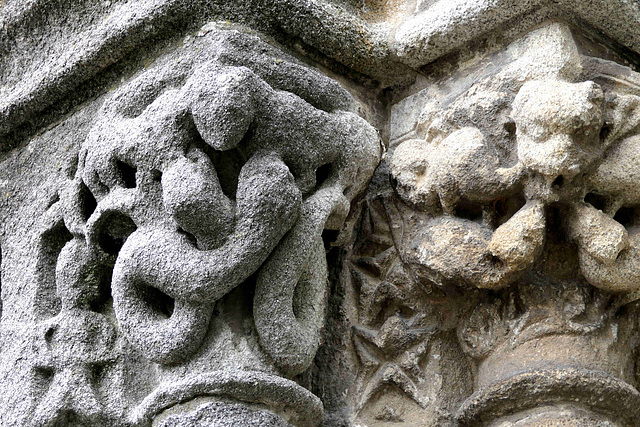Mosteiro de Leça do Balio
Mosteiro de Leça do Balio
Mosteiro de Leça do Balio
Mosteiro de Leça do Balio
Mosteiro de Leça do Balio
Rates - São Pedro de Rates
Guimarães - Paço dos Duques de Bragança
Guimarães - Igreja de São Miguel do Castelo
Braga - Sé de Braga
Braga - Sé de Braga
Braga - Sé de Braga
Braga - Sé de Braga
Braga - Machado
Braga - Turismo
Braga - Theatro Circo
Soutelo - Nossa Senhora do Alívio
Portugal
Crasto - Mosteiro de S Martinho
Bande - Santa Comba
Bande - Santa Comba
Bande - Santa Comba
Bande - Santa Comba
Bande - Santa Comba
Mosteiro de Leça do Balio
Mosteiro de Leça do Balio
Porto - Coliseu do Porto
Porto - Palladium
Porto
Porto - Tram
Porto - Garrafeira do Carmo
Porto - Armazéns Cunhas
Porto - Livraria Lello
Porto - Art Nouveau
Porto - Teatro Municipal Rivoli
Porto - Estação Ferroviária São Bento
Porto - Mercado do Bolhão
Igreja de Santo André de Telões
Igreja de Santo André de Telões
Igreja de Santo André de Telões
Igreja de São Mamede de Vila Verde
Travanca - São Salvador
Travanca - São Salvador
Travanca - São Salvador
Travanca - São Salvador
Real - Igreja do Salvador de Real
Location
Lat, Lng:
You can copy the above to your favourite mapping app.
Address: unknown
You can copy the above to your favourite mapping app.
Address: unknown
See also...
Keywords
Authorizations, license
-
Visible by: Everyone -
All rights reserved
-
88 visits
Mosteiro de Leça do Balio


It is believed that a Roman Temple of Jupiter and a Villa stood on the spot where the monastery is now.
However, according to tradition, the original construction of the place dates back to a small monastery with a church, built in the 10th century, in connection with the Christian reconquest, at the time of the first Asturo-Leonian monarch. No element of these pre-Romanesque buildings has survived to this day.
During the 11th century, the monastery is mentioned in several documents. In 1094 the patronage was transferred to the See of Coimbra through a donation from Raimundo de Borgonha, Count of Galicia, and his wife Urraca I of León and Castile.
In the 12th century, D. Afonso Henriques (1112-1185) donated the Leça Couto to the Hospitaller Order. The chapter house of the order was established in the original monastery, which later became the seat of one of several bailiffs.
Under the ownership of the Hospitallers, the monastery underwent expansions and renovations, giving it military elements in the Romanesque style, the most striking element of which was the construction of a massive crenellated tower.
The current church, a synthesis of Romanesque and Gothic styles, dates back to a major construction campaign between 1330 and 1336.
The Leça do Balio monastery experienced the extinction of religious orders (1834) and was integrated into the municipality of Bouças (now Matosinhos) in 1835.
A weathered Luxuria
However, according to tradition, the original construction of the place dates back to a small monastery with a church, built in the 10th century, in connection with the Christian reconquest, at the time of the first Asturo-Leonian monarch. No element of these pre-Romanesque buildings has survived to this day.
During the 11th century, the monastery is mentioned in several documents. In 1094 the patronage was transferred to the See of Coimbra through a donation from Raimundo de Borgonha, Count of Galicia, and his wife Urraca I of León and Castile.
In the 12th century, D. Afonso Henriques (1112-1185) donated the Leça Couto to the Hospitaller Order. The chapter house of the order was established in the original monastery, which later became the seat of one of several bailiffs.
Under the ownership of the Hospitallers, the monastery underwent expansions and renovations, giving it military elements in the Romanesque style, the most striking element of which was the construction of a massive crenellated tower.
The current church, a synthesis of Romanesque and Gothic styles, dates back to a major construction campaign between 1330 and 1336.
The Leça do Balio monastery experienced the extinction of religious orders (1834) and was integrated into the municipality of Bouças (now Matosinhos) in 1835.
A weathered Luxuria
- Keyboard shortcuts:
Jump to top
RSS feed- Latest comments - Subscribe to the comment feeds of this photo
- ipernity © 2007-2025
- Help & Contact
|
Club news
|
About ipernity
|
History |
ipernity Club & Prices |
Guide of good conduct
Donate | Group guidelines | Privacy policy | Terms of use | Statutes | In memoria -
Facebook
Twitter

Sign-in to write a comment.